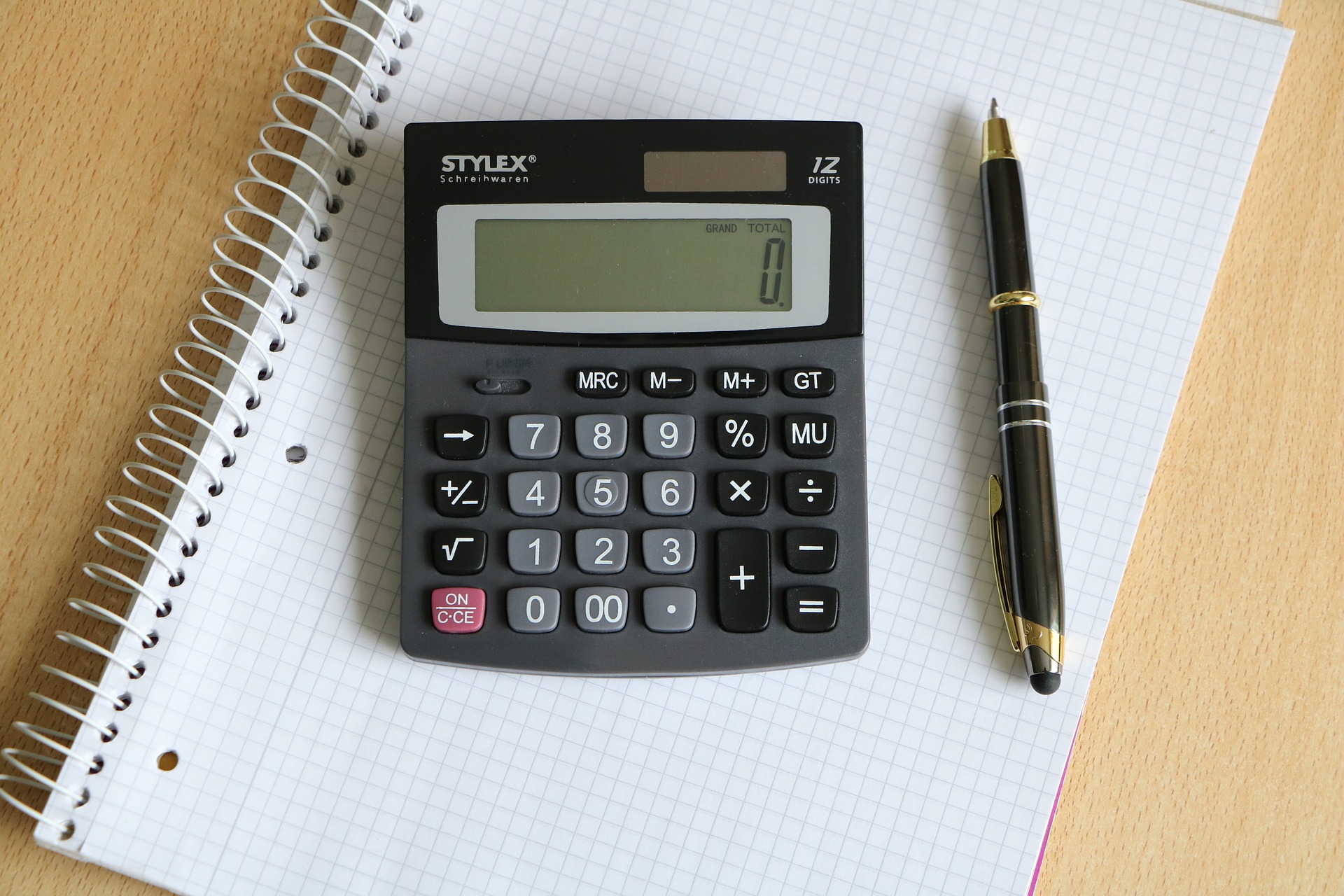
20 May Will I have to pay tax on this inherited IRA?
Photo: pixabay.comQ. I have inherited an IRA from a friend who lived in Pennsylvania but worked in New York, which is where the IRA is. It was suggested that I open an IRA beneficiary account. I live in New Jersey. Will I have to pay tax on my inherited IRA?
— Beneficiary
A. There are several considerations here when it comes to taxes.
First, IRAs are tax-deferred accounts.
Income tax is owed on the growth of these assets, but it’s not paid until the money is withdrawn, said Yale Hauptman, an estate planning attorney with Hauptman and Hauptman in Livingston.
The laws governing inherited IRA distributions changed last year.
“Previously, IRAs could be rolled over and then money withdrawn over the life of the beneficiary who inherited the account upon the owner’s death,” Hauptman said. “The change severely restricted that ability. Now, with limited exceptions, inherited IRAs must be withdrawn within 10 years, triggering income tax much sooner and over a shorter time frame.”
If your friend lived in Pennsylvania when he or she died, then there also may be inheritance tax to pay, Hauptman said.
“A handful of states have an inheritance tax which is based on the relationship of the heir to the person who died,” he said. “Certain heirs and certain assets are exempt from the tax so it is best to consult with a Pennsylvania estate attorney to determine if you owe any inheritance tax on the account your friend left to you.”
It could be as much as 15%, depending on the relationship between the deceased and the beneficiary.
You can learn more here from the Pennsylvania Department of Revenue.
Email your questions to Ask@NJMoneyHelp.com.
This story was originally published on May 20, 2021.
NJMoneyHelp.com presents certain general financial planning principles and advice, but should never be viewed as a substitute for obtaining advice from a personal professional advisor who understands your unique individual circumstances.

